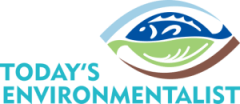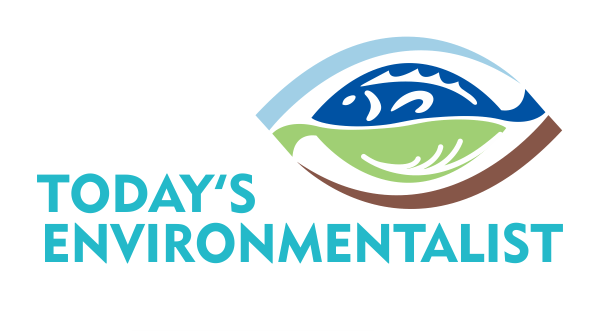Nine out of 10 people around the world are breathing dirty air.(1) Not only does this lead to early death and increased disease, it impacts our economies and reduces opportunities for our citizens to thrive. It is the poorest and most vulnerable communities in our cities that are most at risk.
Breathing clean air is a human right. As mayors of world-leading cities, we will not wait for others to act to protect our citizens from the devastating consequences of air pollution.
We know that air pollution and the climate crisis go hand-in-hand. Both need swift, unprecedented and collective action to remove the pollution that is harming our health and warming our planet. The most significant causes of air pollution vary between our cities. We must take action to better understand the problem, find ways to control pollution at the source, protect people from exposure to dirty air, evaluate the health impacts and determine how all these factors are shaped by our local economy, geography, demographics and city powers.
Air pollution does not recognize municipal, regional and national borders. Clean air can only be achieved by forming strong partnerships, including between cities, with regional and national authorities, as well as with the private sector and academic institutions. We must exchange best practices and coordinate action to address the sources of pollution both within and beyond our borders or control.
Together, we will work towards a shared vision of meeting World Health Organization Air Quality Guidelines by 2030.(2) We will use all the powers at our disposal as mayors to tackle air pollution, and call on others responsible for the sources of air pollution that poison the air in our cities to match this commitment.
This declaration sets out our overarching commitments to deliver clean air for every citizen. These
goals are supported by other bold actions being taken in the world’s great cities, including the transition to zero emission transport under the C40 Green and Healthy Streets Declaration and to zero emission buildings under the C40 Net Zero Carbon Buildings Declaration, as well as the work of global partners, such as the BreatheLife Action Platform.
We are committed to a future where all people can thrive and enjoy healthier, more active lives –where breathing clean air is an undeniable human right upheld by ambitious and innovative policies and laws.
To clean the air our citizens breathe and help meet the goals of the Paris Agreement, we pledge to:
• Within two years, establish baseline levels and set ambitious reduction targets for air pollutants that meet or exceed national commitments. These targets will put us on a path towards meeting World Health Organisation Air Quality Guidelines for particulate matter, nitrogen dioxide, ozone, and sulphur dioxide.
• Before 2025, implement new substantive policies and programmes to address the top causes of air pollution emissions within our city and under our control.
• Publicly report annually on our progress in reducing pollution levels relative to targets and achieving the commitments in this declaration.
To meet this commitment, we will:
• Implement new policies, enforce strong regulations, prioritize resources, and build necessary capacity and skills to achieve ambitious reductions in air pollution source sectors that are within our control.
• Integrate the relevant top pollution-reducing actions — that are within our city and under our control — into our Climate Action Plans, such as: rapidly expanding zero emission public transport, creating low or zero emission areas, supporting walking/cycling, implementing vehicle restrictions or financial incentives /disincentives (e.g. road or parking charging), reducing truck, non-road machinery and city owned vehicle emissions, cleaning up construction sites and equipment, reducing industrial emissions, reducing emissions from wood burning, expanding affordable access to clean energy for cooking and heating, restricting pollution from solid waste burning and expanding greening.
• Establish, maintain, increase, or contribute to reliable city-wide air quality monitoring, making data publicly available in a timely manner or as close to real-time as possible and in an accessible format, in coordination with relevant departments and institutions.
• Conduct, expand, or collaborate with relevant institutions to increase research on the health impacts of air pollution, the benefits of air quality improvements, and associated economic implications, and publish the results.
• Raise awareness of air quality to help vulnerable citizens reduce their exposure, and to reduce the causes of air pollution, such as traffic.
• Create, update, or work with relevant institutions to ensure high quality emissions inventories, models, and analysis are available to describe where and how outdoor air pollution is formed in our city, both today and in the future.
• Work with and advocate for regional, state, supranational, and national government to take action on sources outside our boundaries or our control.
(1) According to the World Health Organisation.
(2) https://www.who.int/news-room/fact-sheets/detail/ambient-(outdoor)-air-quality-and-health








